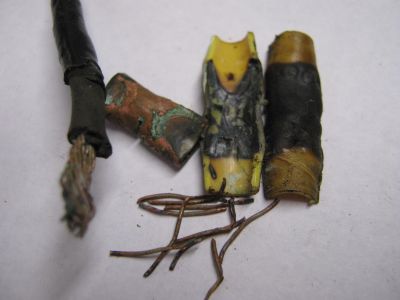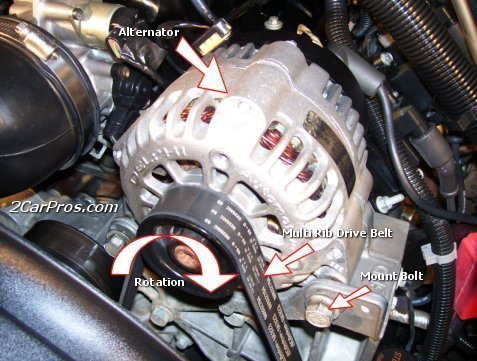1994 Chevy Beretta 6 cyl Front Wheel Drive 195, 00 miles
first of, bought the car in 08, I know from previous owner, that the engine has been replaced before he bought it. The 'mileage' is body only, actual engine mileage is about 110K. I've 'gone through' 7 alternators on this car since I've gotten it. All of them have been just typical re-manufactured ones. We're in the process of tracing wires now to see if we can find any broken or damaged ones that may be causing the problem. Car will run 'fine' for anywhere from 2 days to 8 months is the longest it's run well for me. The battery was brand new as of mid April. The weird thing is, when car is running 'right', the battery gauge reads 18volts, but battery is only actually pushing just under 14. When the battery gauge READS 14, the car is dying on me. Any suggestions as to what to look for, or what to check? We're not sure where else to go. It went to an Auto shop, and did an electrical system check - but they claim they found nothing, except the battery was sitting wrong. They turned it, and strapped it down, and said they got a 100amp reading off the alternator, but less than 2 days later, car was dead again, and alternator was fried. Any ideas or suggestions would be greatly appreciated.
SPONSORED LINKS
Sunday, April 25th, 2010 AT 5:59 PM





